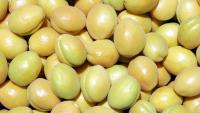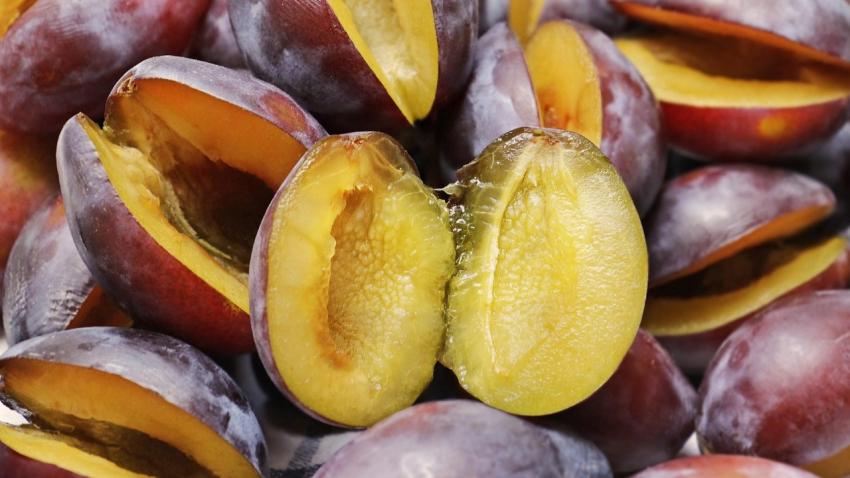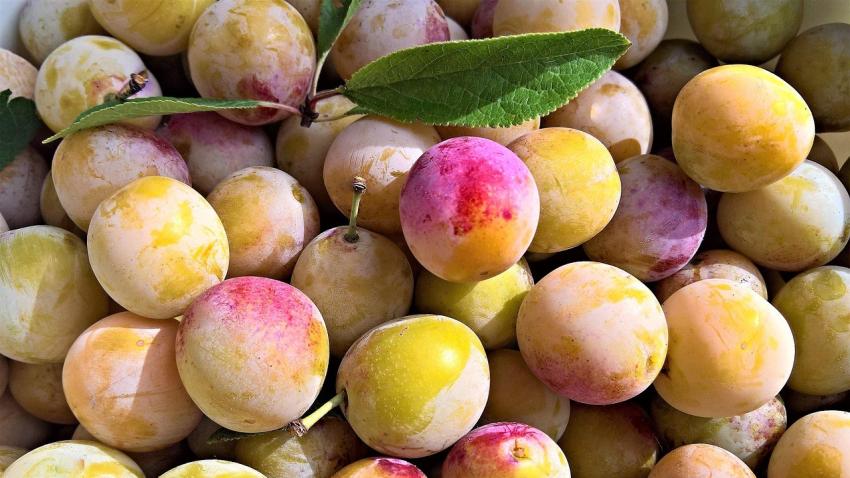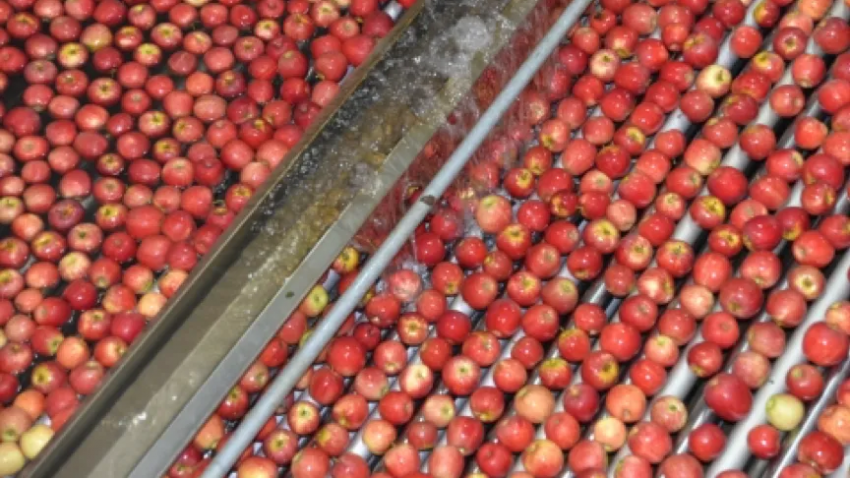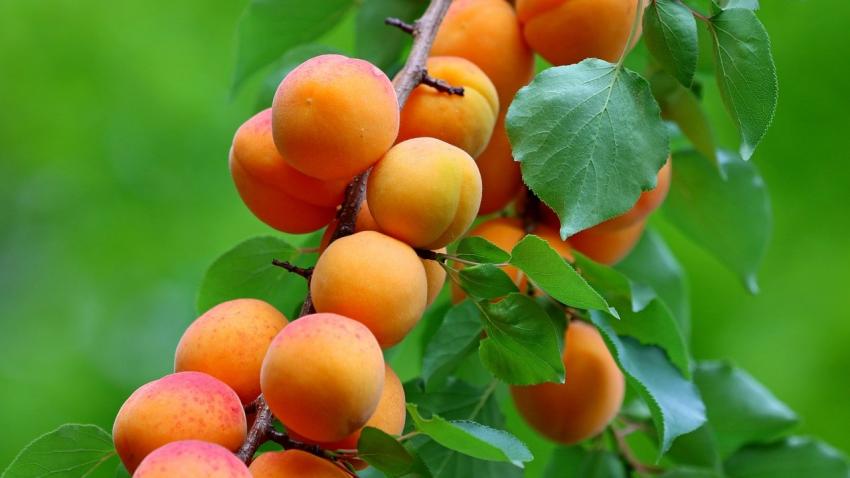You are here
Back to topDomestic Air Freight and Hema Bring Fresh Apricots to Chinese Consumers

The popularity and success in major Chinese cities of this season’s apricots from northwestern China’s Xinjiang region demonstrates the increasing viability in China of domestic air freight as a means of getting fresh fruit to market.
Xinjiang has a long history of growing apricots, where they are an important crop for the Uyghur, a Turkic people who constitute Xinjiang’s largest ethnic group. In Kuqa county of Aksu prefecture, for example, there are estimated to be more than 6,300ha of apricot orchards, producing 100,000 tons of apricots annually. The most widely cultivated type of apricots are known in Chinese as xiaobaixing (little white apricot). The yellow-skinned fruit has a reputation for being juicy and very sweet—usually exceeding 15 brix.
But most Chinese consumers have never tried a fresh xiaobaixing apricot. This is because Kuqa, which is near China’s border with Kazakhstan, is separated from the bulk of China’s middle class consumers by thousands of miles, including large stretches of desert. Apricots are fickle and have a short growing season and shelf life; the infrastructure is not yet in place to reliably bring them to market in cities like Beijing, Shanghai, Guangzhou and Chengdu via either road or rail.
But, in recent years, with rising demand for premium fruit and improvements in logistics, apricots have increasingly made their way from Xinjiang to consumers in first and second tier Chinese cities via air freight.
This year has been particularly good for consumption of Xinjiang apricots in other parts of China. Since the season for apricots started in June, there have reportedly been 1,000 tons of fresh apricots shipped out of the Korla Airport (KRL), which lies near major apricot growing regions like Kuqa.
“More and more new routes are being opened to Korla Airport,” said Mr YANG Liang, a manager from Bayingolin Yixiang Air Cargo Co. Ltd, which operates out of the airport. “The local government has launched an official subsidy for air freight, and therefore the cost of air shipment has fallen.” As of late June, Yang said that his company was shipping out about 15 tons of fresh apricots daily, a 20% rise since last year.
One important driver of this growth in shipment and sales of fresh apricots outside of Xinjiang has been ecommerce. Specifically, Hema Fresh, the “new retail” supermarket owned by Chinese ecommerce giant Alibaba has begun purchasing apricots directly from growers. By working with orchards to pick the apricots in three phases instead of all at one time, as well as by putting them in the cold chain when they arrive at the destination airport and keeping them there all the way to the consumer, Hema is able to purchase apricots at roughly an 80% ripeness level, as opposed to the 50-60% requested by other retailers.
Consumer awareness of fresh apricots, which are not widely available in China, has also been raised by the actress Tong Liya. A native of Xinjiang, Tong took to her social media accounts last month, posing with xiaobaixing apricots and praising their flavor as, “having no comparison.”
Image: Pixabay



